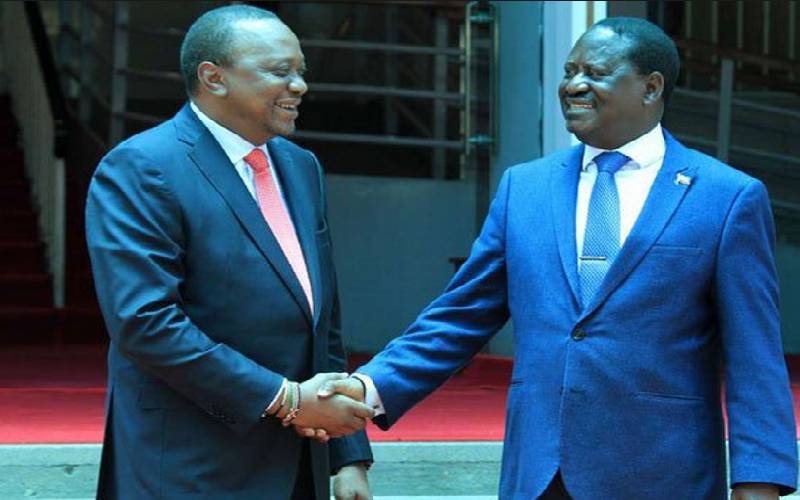×
The Standard e-Paper
Kenya’s Boldest Voice

For the first time in Kenya’s history, a Cabinet Secretary has been arrested. Alongside are 27 other officials facing corruption charges. For a country wearied by talk and slow on action, arrests of this sort are old hat.